Marketing automation is the use of software and algorithms to manage customer interactions with a brand. It helps companies manage customer needs, nurture customer relationships, and market their products without manually entering data each time.
With the explosion of marketing channels, marketing managers need effective tools to streamline processes and boost response rates from their target audience. However, it’s not always an easy task for marketers new to this space. In this blog post, we have compiled tips from experts in the field that will help you get started fast.
Struggles in Marketing Automation
Marketing automation can be an extremely helpful tool. However, before jumping into a new channel, it’s important to understand why certain channels failed in the past. When marketers use customer data to automate the marketing process, they fall into three main challenges.
First, marketers may fail to understand the context of their data. They assume that because they collected data on customer behavior, it must apply to other customer segments too. However, not all customers share the same context. For example, a brand’s demographic data may include only a fraction of its customers, as it is based on self-reported data. Second, marketers may misapply the data they have. They think that since they have data on customer behavior, they must know what actions to take next. However, this is not the case.
For example, an eCommerce brand may collect data on the average customer purchase amount. But, the next step for marketing automation is to infer what customers will want to buy next based on the type of previous purchases. Third, marketers may fail to apply the right data at the right time.
As customer behavior is ever-changing, Marketing Automation tools need to be adaptive. This can’t just be a single employee’s responsibility. Controlling a process and maintaining data integrity are key issues that need to be resolved quickly.
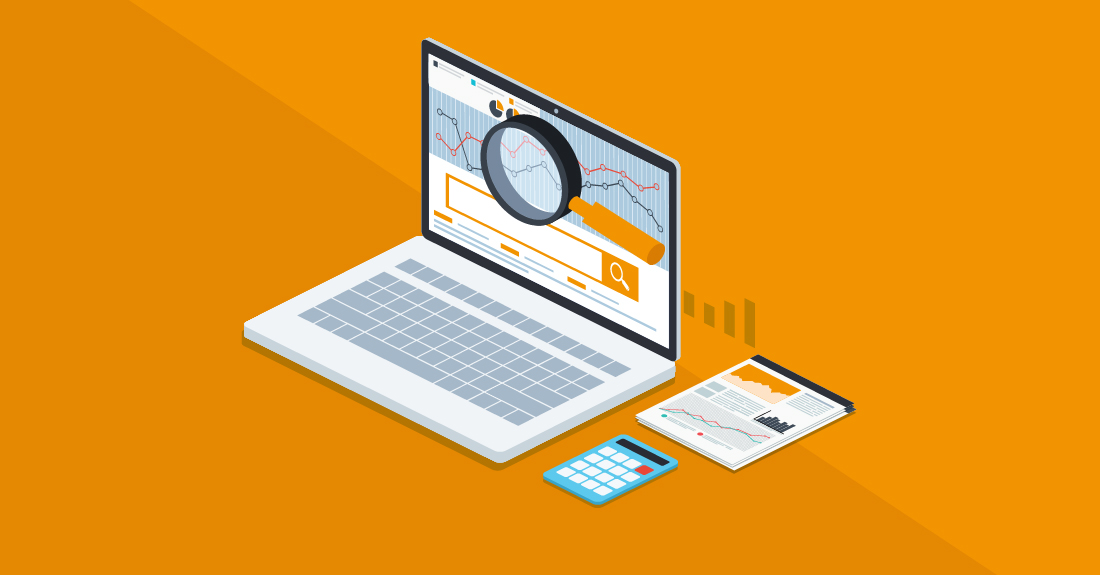
Benefits of Asking an Expert
Marketers interested in marketing automation face the challenge of understanding the right technology to use. It’s not always clear which channel to choose or which technology will be best suited to your needs. To reduce these risks, you may want to ask an expert in marketing automation to guide you through the process.
You can also choose to outsource your marketing automation to an expert. Outsourcing can be a great way to expand your team or to take on projects that require a level of expertise you don’t have. Outsourcing will allow you to scale your marketing efforts without having to manage every aspect of the process.
You can also choose to partner with an expert to help manage your entire marketing automation process. This can help you streamline the process and reduce risk. It’s also a great way to bring in outside expertise to help your team succeed with marketing automation.
What Do Marketers Need to Know Before Diving?
Automation is the future of marketing, but it’s not a silver bullet. You can’t automate everything. Instead, you should focus on automating what matters most. Marketers must remember that automation is just a tool to help them do their jobs better. If a human was doing the task, there would be no need for automation.
So, businesses must have a clear goal for using automation. What are you trying to achieve with automation? This question can help you determine whether your objective is worthwhile.
Tips From Marketing Automation Experts
Build Automation Workflow
Automation comes with many benefits, but it’s not a one-way street. Successful marketing automation requires a well-defined workflow. This workflow defines the various activities that will take place before a customer interaction is completed. It’s important to create a flow that combines the best of humans and machines.
The workflow should be set up in two phases – the pre-sales process and the sales process. During the pre-sales process, you’ll be engaging with the customer to receive information about needs, pain points, and solutions.
Once you know what you need to do, you’ll create a sales process. This will guide you through creating and sending emails, chatting with customers, and closing deals.
Set Up Email Marketing Automation
Email marketing is one of the most effective channels for marketing a business. You can use automation to increase lead generation from email and create a more streamlined workflow. Automate email sequences such as the follow-up sequence and welcome sequence to increase response rates.
For example, create a series of automated email sequences that follow up with customers after they sign up for your email list. Create sequences that encourage customers to complete their purchase, respond to reviews, or return their product. By automating those sequences, you can increase the likelihood that those customers will become customers.
Further, you can use email marketing automation to send personalized emails to interested customers. You can keep your audience engaged by using email automation to send personalized content that helps you build relationships and boost brand equity.
Use Chatbots
Chatbots are one of the hottest trends in digital marketing. They serve as one-way conversations between businesses and customers. These one-way conversations are artificial intelligence that reaches out to customers and provides them with what they need. This type of marketing allows brands to create a personal connection with their customers by replying to their queries conversationally.
Chatbots serve as virtual assistants that can manage multiple tasks such as scheduling meetings, managing appointments, and extending discounts. Businesses can leverage chatbots to provide customers with product information, and customer service responses, and to facilitate transactions.
For example, businesses can create bots that can handle transactions by accepting payments. Another option is to create a bot that can manage customer service tickets.
Don’t Automate Wrong Things
Automation can help companies streamline their marketing process. But it’s important to remember that automation is just a tool. As humans, marketers can’t automate everything and should focus on automating what matters most. That being said, marketers should remember that automation is just a tool.
So, they should only use automation when it’s not a time-consuming process that could be done more efficiently with a machine. Furthermore, marketers must remember that automation is just a tool. It doesn’t take over any decision-making.
Choose the Right Software
There are many marketing automation tools available in the market today. So, marketers need to understand their strengths and weaknesses and choose the right software for their business. A business should carefully examine its marketing automation needs and evaluate various software offerings.
They should consider factors such as price, value, scalability, performance, and ease of use. Some important factors to consider while choosing a marketing automation tool are scalability, ease of use, performance, and cost.
A business should choose a tool that can easily scale with its growth and also accommodate future growth. Another important factor is the ease of implementation. A business should choose a marketing automation tool that is easy to set up and offers an intuitive user interface.
Test, Measure, and Improve
Marketing automation can help drive business results and increase revenue. But marketers need to test their campaigns to ensure the right strategies and tactics are being used. Businesses can use campaign tracking to assess the success of their campaigns.
To do this, they need to set up tracking pixels on their website, landing pages, and emails. However, businesses must be careful when implementing tracking pixels.
They must make sure they’re not overstaying their welcome. With tracking pixels, businesses can track how many people Click, Sign Up, or Buy products. They can also use campaign tracking to track how many times someone opens an email or view a webpage.
Choosing Your Software
When it comes to choosing your software, there are a few factors to consider. First, you’ll want to focus on the basics – the functionality your brand needs. If you aren’t focused on the basics right now, you’ll probably struggle as a marketer.
Next, look for a tool that is easy to learn and use. You want to be able to get up to speed quickly, which means being able to jump straight into your work.
Finally, you’ll want to consider the costs associated with the software. This is because it’s important to have a budget allocated to marketing automation. Costs can include licenses, support, upgrades, and training.
Conclusion
Marketing automation is a powerful technology that helps brands reach their target audience more efficiently. These tips from experts in the field will help you get started fast.
Before you start automating your marketing, you will want to first understand the three main challenges that marketers may face in marketing automation: first, understanding the context of your data; second, misapplying the data you have; and third, not applying the right data at the right time.
With these challenges in mind, you can better navigate the automation space and see tremendous results.
Articles You Might Want To Read:
Why Marketing Automation Is Your New Best Friend?
Benefits of Email Marketing Automation and Strategies Involved

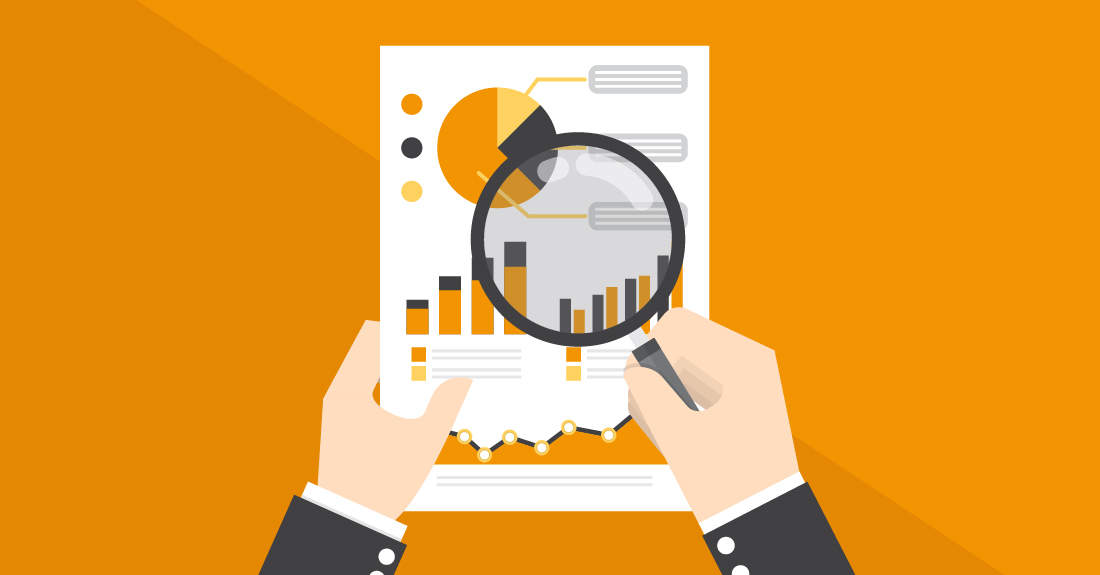
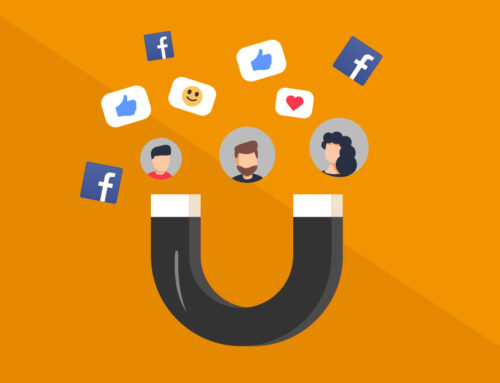
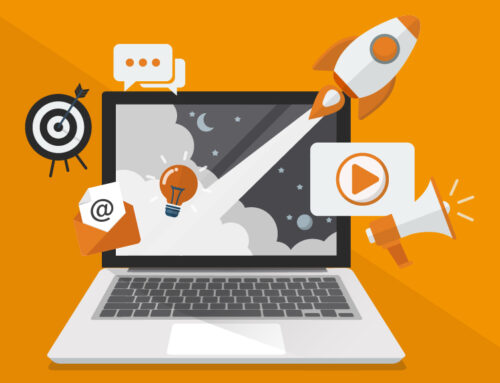

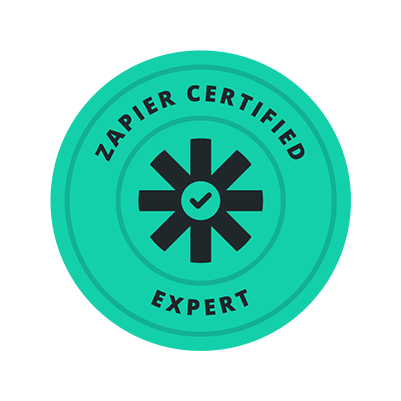

Leave A Comment